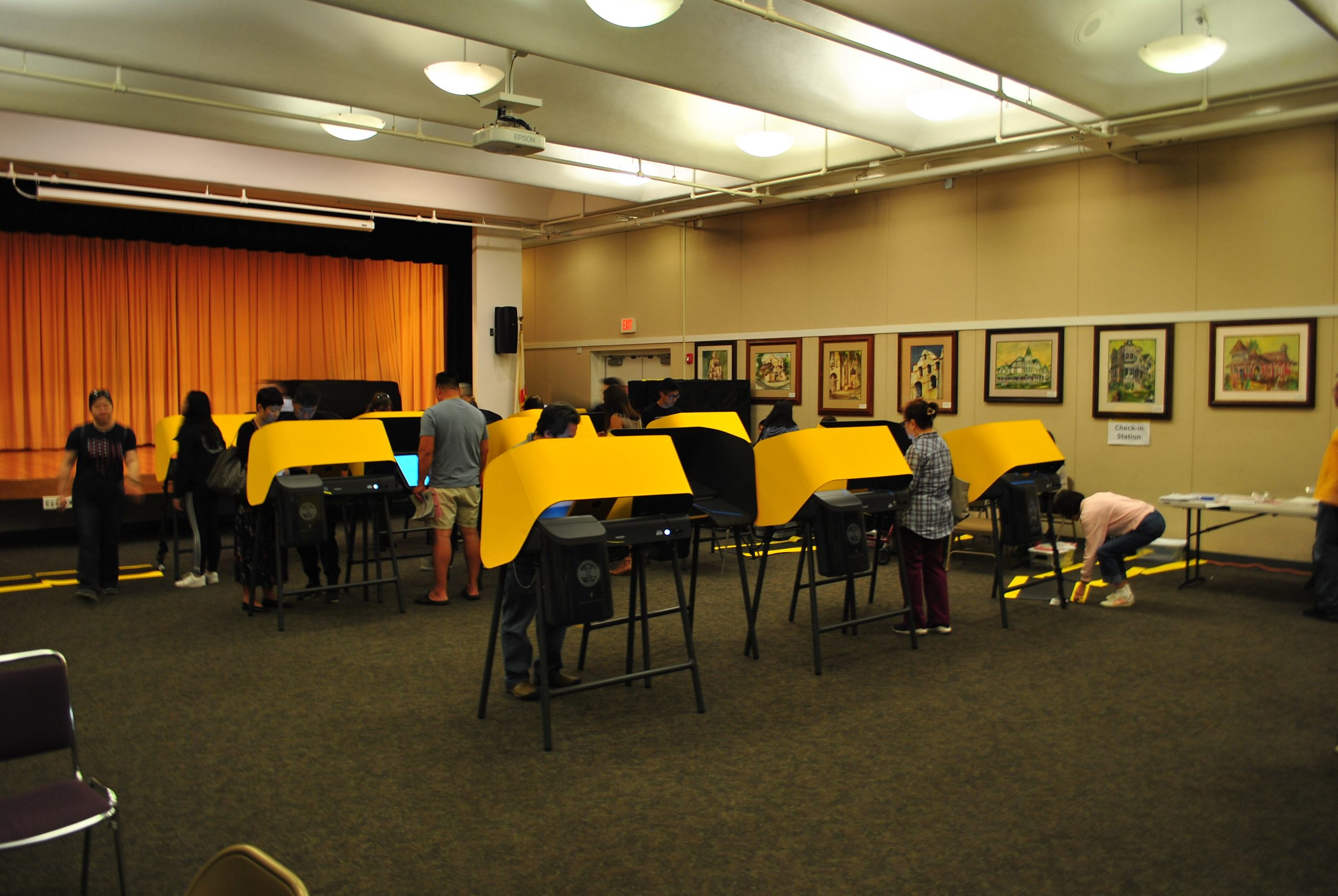
The Pasadena National Association for the Advancement of Colored People (NAACP) is investigating the hiring and promotional practices at Pasadena City College (PCC) specifically related to black employees and black women.
A forthcoming report by the organization will encapsulate the data and experiences of current and former black employees feeling invisible related to hiring, as well as career pathways.
According to the NAACP, Allen Edson, president of the NAACP and his predecessor, Del Yarbrough, received numerous inquiries by black employees, yet they have been reportedly told over the course of the past five years by various presidents, administrators and trustees at PCC that they were “looking into the matter.”
According to LeanIn.org., African American women ask for promotions and raises at about the same rates as white women, but they get worse results. Regardless of their occupation, level of education, or years of experience, black women are still paid less than men, and far less likely than others to be promoted in the workplace.
On average, Black women in California make 60 cents to every dollar a white man makes, according to the National Partnership for Women and Families. Regardless of socioeconomic or education level, Black women work decades longer than white men to match their earnings. The cumulative effect of lower earnings for Black women means less money for their families, housing, food, disposable income, retirement, savings etc. especially since more than 80% of Black mothers are the main breadwinners for their households.
“PCC has not arrived in the 21st century; it has stuck with discriminatory employment practices that most of us assumed had ended long ago,” John J. Kennedy Pasadena councilmember said. “I am outraged to learn that such discrimination still exists in the hiring and promotion process at PCC.”
The Pasadena NAACP is requesting “thoughtful consideration and leadership by way of actual changed behavior.” They also invite the institution to discuss with the NAACP active solutions to increasing the representation of African Americans in various positions at the college and achieving pay parity for all.






